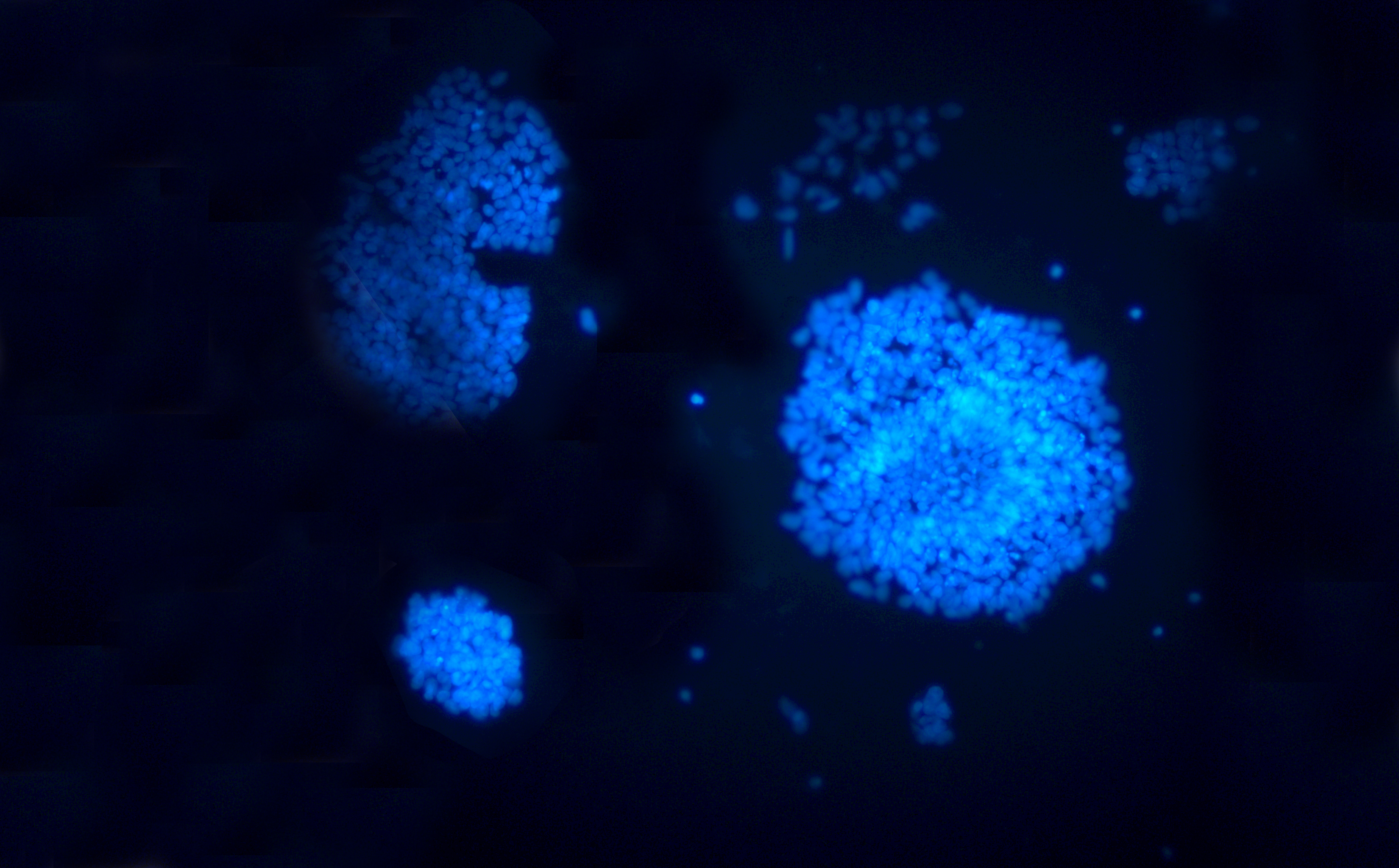Stem cells give rise to every kind of cell in our bodies before we are born. They continue to play this same critical role throughout our adult life by replenishing damaged or old cells.
Usually, adult stem cells divide asymmetrically meaning they produce two different cells. One remains a stem cell, while the other begins to differentiate into tissue cells – like a blood or liver cell. If anything happens to interfere with this process, a tumor could develop if excess stem cells are created or cause tissue degeneration if new stem cells are not produced to continue renewing the tissue.

To address this complication, UConn Health’s Dr. Mayu Inaba, an assistant professor in the Department of Cell Biology, has received nearly $2 million from the National Institutes of Health National Institute of General Medical Sciences to conduct a study of the molecular and cellular mechanisms that regulate asymmetric stem cell division.
During her postdoctoral research, Inaba discovered microtube-based nanotubes, which are microscopic protrusions found only on stem cells and not on other differentiated cells produced from the same parent cell. This led her to hypothesize that these structures are responsible for directing asymmetrical division. These tubes are also probably responsible for receiving and interpreting niche signals from the surrounding tissue about what kind of cell to produce.
“Successful completion of this study will provide a new paradigm for understanding the mechanisms of niche-mediated stem cell self-renewal,” Inaba says. “It will also help us understand and prevent human pathologies that have remained unexplained by the existing paradigms in stem cell biology.”
The focus of this project will be to characterize the structure, function, and universality of microtubal (MT) nanotubes. Mark Terasaki, another member of the UConn Health cell biology faculty, is the co-investigator.
Understanding these mechanisms may aid in the development of stem cell therapies for spinal cord injuries, neurological diseases, diabetes and heart conditions or inhibiting cancerous cell growth and reproduction.
Inaba received her Ph.D. from the Graduate School of Kyushu University. She received her M.D. from Ehime University School of Medicine. Her research focuses on stem cells and niche signalling.
This project is NIH Grant No.: 1 R35 GM128678-01.



